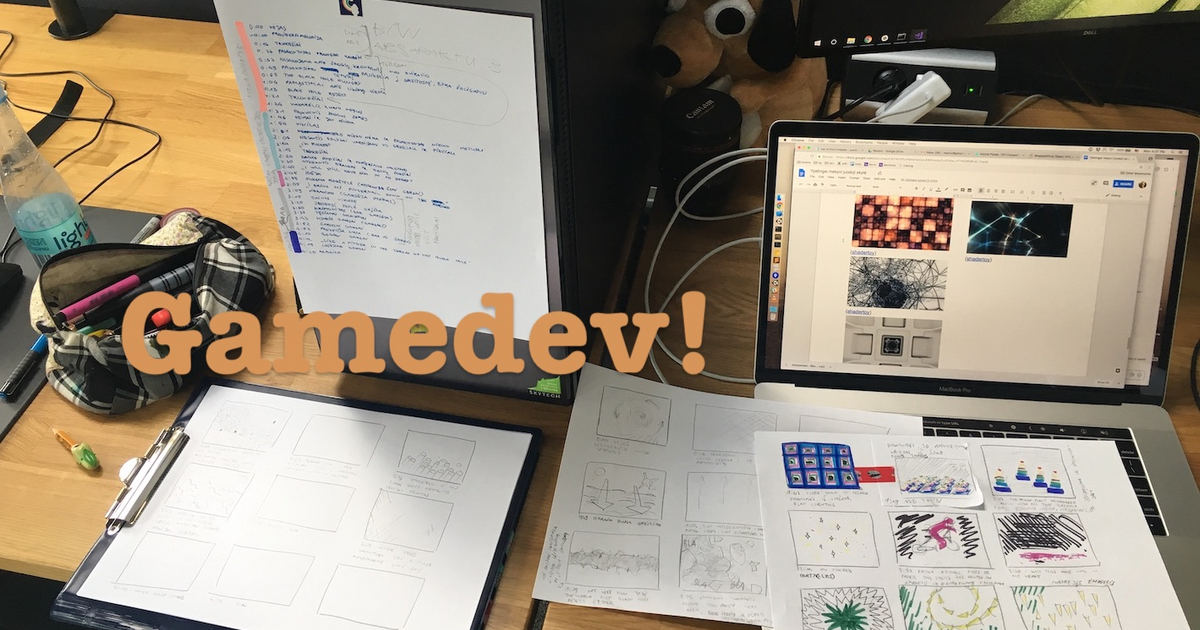Recent searches
Search options
#gpg
Non, #Google ne proposera pas un vrai #chiffrement de bout en bout sur #Gmail. Le mécanisme proposé n'est pas considéré comme un véritable chiffrement "E2EE" par certains experts. En effet, il implique un serveur de gestion de clés interne à l'entreprise.
https://www.clubic.com/actualite-560031-non-google-ne-proposera-pas-un-vrai-chiffrement-de-bout-en-bout-sur-gmail.html
Mieux vaut utiliser soit #protonmail soit #thunderbird avec #gpg et une adresse mail chez un hébergeur non #gafam respectant les #donneespersonnelles

For years now I’ve had a bit of a bee under my cap: would it be possible to unlock a Vault file with a GnuPG-compatible smart card? And what if the smart card were local and the unlocking had to be triggered remotely?
Forwarding GnuPG agent over SSH
https://jpmens.net/2025/04/04/forwarding-gnupg-agent-over-ssh/
Edit: I have amended the sentence regarding distinct machines. Works fine on two different Linux boxes.
@Xeniax Totally nerdsniped :D I'd love to be a part of the study.
I don't think that #KeyServers are dead. I think they evolved into Verifying Key Servers (VKS), like the one run by a few folks from the OpenPGP ecosystem at https://keys.openpgp.org/about . More generally, I believe that #PGP / #GPG / #OpenPGP retains important use-cases where accountability is prioritized, as contrasted with ecosystems (like #Matrix, #SignalMessenger) where deniability (and Perfect Forward Secrecy generally) is prioritized. Further, PGP can still serve to bootstrap those other ecosystems by way of signature notations (see the #KeyOxide project).
Ultimately, the needs of asynchronous and synchronous cryptographic systems are, at certain design points, mutually exclusive (in my amateur estimation, anyway). I don't think that implies that email encryption is somehow a dead-end or pointless. Email merely, by virtue of being an asynchronous protocol, cannot meaningfully offer PFS (or can it? Some smart people over at crypto.stackexchange.com seem to think there might be papers floating around that can get at it: https://crypto.stackexchange.com/questions/9268/is-asynchronous-perfect-forward-secrecy-possible).
To me, the killer feature of PGP is actually not encryption per se. It's certification, signatures, and authentication/authorization. I'm more concerned with "so-and-so definitely said/attested to this" than "i need to keep what so-and-so said strictly private/confidential forever and ever." What smaller countries like Croatia have done with #PKI leaves me green with envy.
1. S/MIME - centralized trust model with certificates
2. PGP/MIME- decentralized "web of trust"
3 #tailscale - 0 trust model
Is there something like best choice in these?
#gpg #ssh
“Unless you are using #GPG, email is not end-to-end encrypted, & the contents of a message can be intercepted & read at many points, including on Google’s email servers,” said Eva Galperin, director of #cybersecurity at the Electronic Frontier Foundation.
#NationalSecurity experts have expressed alarm over the #Trump admin’s denial that the leaked #Signal chat contained #classified information.
among other thing #gitea does give something unique , armored #ssh sig , when they need not map to a #gpg key
https://www.techaddressed.com/tutorials/add-verify-ssh-keys-gitea/
#porkbun has #email with @protonprivacy, really affordably. So I switched my business mail to that, and I have it all setup in #emacs! :D @daviwil is a goddamned treasure. I would not be able to setup my workflow this well without Systems Crafters! I'm happy! I feel so #secure and #cozy, and I can do #gpg for a little extra. Just don't let crazy Christians on my e-mail chains. I don't want to pull a Hegseth.
#GitHub "enterprise" has some very weird properties:
* commits made with my email address not from the organization are not counted in statistics (oh how I despise these stats...)
* my #gpg signed commits are shown as unverified even though gh has my public key on my personal profile
* I can not add my public key nor my well known email address to my enterprise profile
All of this "enterprise"-junk just puts me off. No, #GitHub is not #git.
Para resguardar una creación digital de posibles falsificaciones hay que generar evidencias que puedan demostrar la integridad del fichero en vínculo a una identidad digital. Esto reforzará otras pruebas más convencionales, como contar con verificaciones de personas naturales o jurídicas. #gpg #linux #sha256 https://curriculum-261a13.gitlab.io/blog/2025/03/19/protegiendo-tu-autor%C3%ADa-digital-frente-a-fraudes/
I recently realized that Git commits could be made on your behalf without your consent.
This could happen because either you left your computer unlocked in a public place (or any place actually), your computer got stolen and the disk wasn't encrypted or any of those combinations.
To prevent this, Git has a "signing" mechanism that proves without any doubt that you made that commit.
It uses GPG, and with power of cryptography, it protects your work from being hacked.
Has anyone here on #fedi figured out the correct recipe for dealing with #OpenPGP, #DMARC and #mailman ?
The problem, by default mailman will modify messages and this will break the dkim signature.
https://gitlab.com/mailman/mailman/-/issues/1079
Mailman provides two DMARC mitigation options (other option is reject or discard which is not useful in this case).
1. Replace the from address with list address
2. Wrap original message in an envelope
thunderbird flags 1 and fails 2.
#askfedi #gnupg #gpg #thunderbird
@lns sorry, but no. gnupgp UX sucks so hard that even I don't get it without extensive internet searching.
And I heard horrible stuff about integration into programs, like that they need to kill the #gpg daemon regularly to make it work.
Let's rather invest our efforts into making modern alternatives like #rpgp and #rsop
https://crates.io/crates/rsop/ great.
@lns Should but they never will, with good reason. They don't really need to, for email encryption at least there's #DeltaChat that non-technical people have a better chance of learning. Yes, it only uses a subset of #PGP called #Autocrypt, but if you really want to use PGP, there are much better tools than #GPG like: #Thunderbird, #Mailvelope and #Kleopatra. I know some of these are front-ends for GPG.
Everybody should learn how to use GPG.


